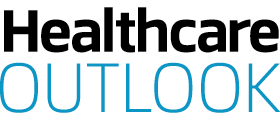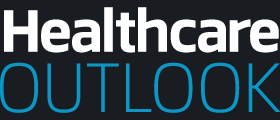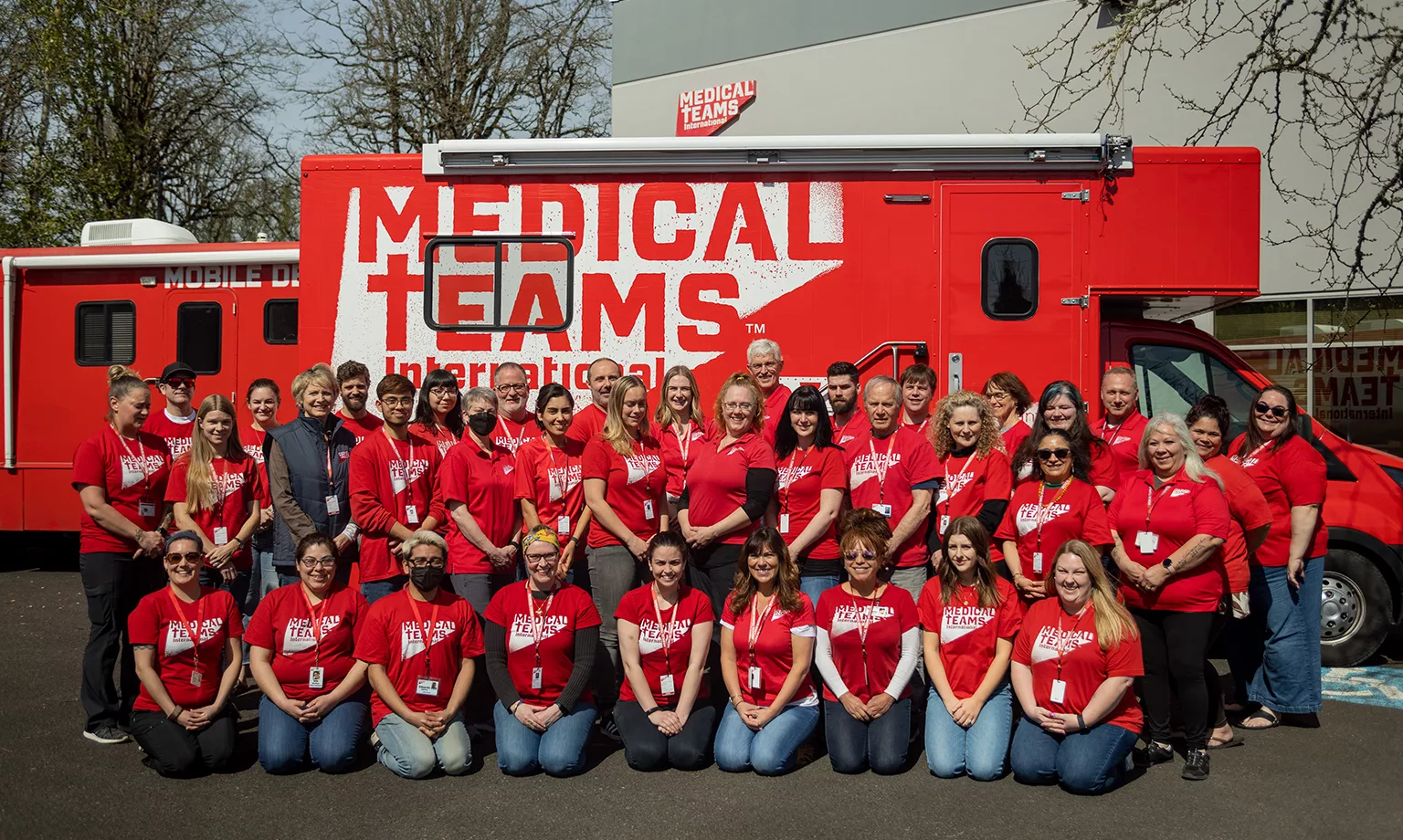With an unmatched tenacity, resourcefulness, and level of support, we talk to the CEO of Medical Teams International, Martha Holley Newsome, about the organization that goes above and beyond in providing humanitarian support.
RESTORING HEALTH AND WHOLENESS
Across the world, the work of humanitarian relief is paramount to the care and well-being of millions of people affected by conflict, natural disaster, or socio-economic unrest.
Led by faith and an unwavering commitment to equal opportunities in healthcare, Medical Teams International (Medical Teams) is a Christian health and humanitarian organization that has provided medical care to those in crisis since 1979.
The organization’s founding principle is to provide life-saving medical care and support to those in need in the US and across the globe, as it helps millions of refugees and displaced individuals receive urgently needed medical attention.
Medical Teams follows a three-branched approach to its services – providing basic medical treatment, offering an outstanding level of individual care, and working to strengthen the existing system through building trust between the healthcare services and the community. Such honorable commitments are underpinned by a vocation of: “daring to love like Jesus”.
“Like Jesus, we boldly break barriers to health and restore wholeness in a hurting world,” begins Martha Holley Newsome, President and CEO of the company. “Not only do we desire to be the hands and feet of Jesus, but to also break barriers in access to places that have been the hardest hit by all kinds of difficult circumstances, whether that’s a natural disaster or a manmade conflict. We want to go where we are needed most, to bring medical care that is so urgently required.”
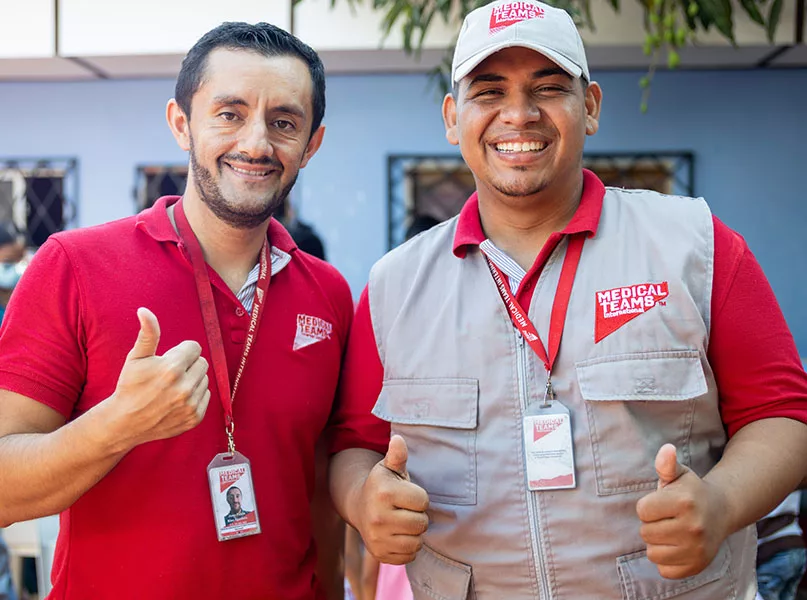
HEALTHCARE EQUALITY
Such a commitment to aid carries Medical Teams to seven different global locations: the US, Ethiopia, Sudan, Tanzania, Uganda, Colombia, and Ukraine. In the US, it operates in the states of Oregon and Washington, and during the COVID-19 pandemic worked closely with the Washington State Department of Health and the Oregon Health Authority.
The support provided by Medical Teams in the US is structured through a comprehensive Care & Connect Program, which plays a critical role in extending healthcare to those without access and working to connect people to more permanent sources of health care. The program targets people who lack access, due to many barriers and the intersections of race and socio-economic status.
This theme of equity in healthcare has become more prominent in the aftermath of COVID-19, given the higher death rates experienced by different racial groups in the US. With this heightened awareness, Medical Teams is working to become more sensitive and attentive to utilizing a health equity lens in its programming.
“Minority populations are a huge proportion of who we care for – the majority, in fact. Whether they’re migrant farm workers who are working in the Yakima Valley of Washington, or refugees, Hispanic or Black populations, veterans, the elderly – all these are key demographic groups for us,” Newsome highlights.
“We are just grateful that our team can serve and attend to these underserved populations.”
In Colombia, Medical Teams has also been working with Venezuelan migrants since 2019, who have been fleeing economic hardship caused by the collapse of the government in their home country. The community health workers (CHW) provide support in strategic urban areas, providing vouchers for medical care and sanitation and hygiene supplies, with a large percentage of vouchers being given to young women and children.
“We had the chance to go to a community known as Cienaga, which translates as ‘swamp’ because the area routinely floods. Like many of the communities we visit, Cienaga has dire sanitation and horrendous healthcare conditions,” Newsome informs.
It was within Cienaga that Yarelis, a well-loved Venezuelan member of the community team, became aware of a heavily pregnant young indigenous woman named Keily, who had crossed the Venezuelan border. With no access to healthcare, Keily and her family fled across the border in search of aid. Consequently, Yarelis helped her gain access to vital medical care when it was most desperately needed by enabling Keily to overcome a dangerous infection and give birth to her son, Abar Jesus. Yarelis and Keily have formed a special bond, as she checks on her daily to ensure she and Abar are thriving and helps schedule her post-natal appointments.
“Not only was Yarelis supporting her with her health needs as a mom with a newborn, but she helped the community rally around them, providing them with vital things to live, from kitchen utensils to furniture,” Newsome proudly tells us.
This fantastic case is just one of thousands, as Medical Teams excels in its responsiveness to the individual and community needs of every area in which it operates, showing examples of courage and perseverance in extreme conditions.

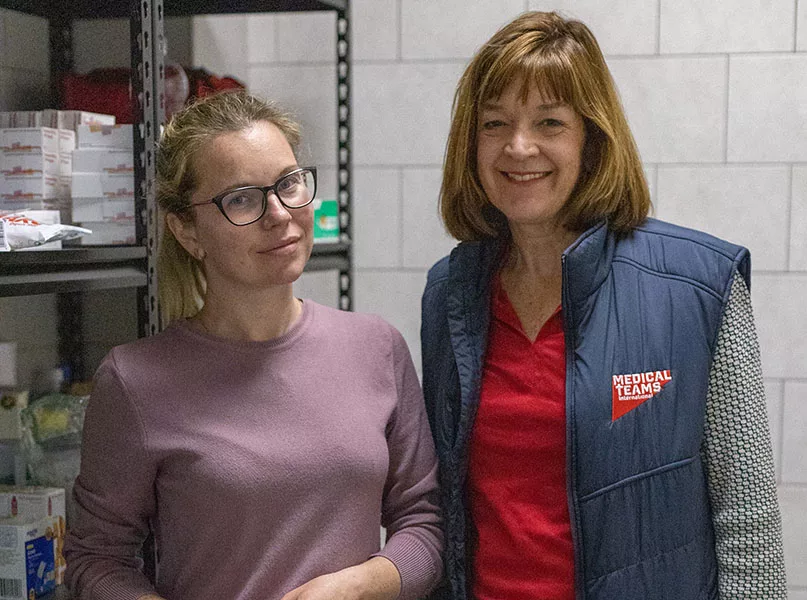
AIDING WITH FAITH
As a businessman from Salem, Ron Post, the founder of Medical Teams, had no prior involvement in medicine or humanitarian aid. And yet, he felt a calling one evening when he saw on television what was happening to Cambodian refugees that were impacted by Khmer Rouge.
Post was particularly affected by the footage of a young girl he saw stagger across the border and collapse. It was at this point that he really felt God wanted him to do something. Two weeks later, Post was on a plane to Thailand to provide critical services for the Cambodian refugees in partnership with World Vision, which was running a hospital initiative on the Thai border at the time.
From such an impactful start, Medical Teams operates as a faith-inspired organization that focuses on what daring to love Jesus means in the world. Thus, with the prayer that the company can be the hands and feet of Jesus, Medical Teams demonstrates love to its neighbors and, most importantly, helps them survive.
“Our values are to be courageous, tenacious, accountable, selfless, and not alone. We think about the latter in two ways. We want to come alongside people so that they know they’re not alone and work in partnership with others. However, we also believe that the contexts in which we work are so big that we need God as well,” Newsome highlights.
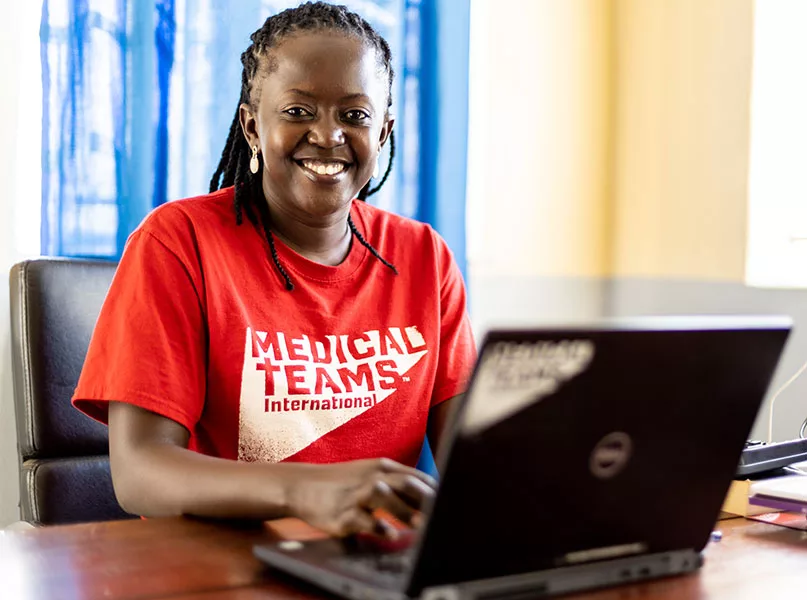
LIFE-SAVING SUPPLIES
The notion of an international network of aid is paramount to the success of the organization, whether this is provided through private individual contributions or comprehensive supply chains. Regarding the former, each donation is perceived as “gold dust,” Newsome describes, as it allows the organization to leverage resources.
“People feel moved by our work and feel the need to support us, even if it’s a personal check for $25 or corporate foundational funding, each contribution is greatly valued.”
Due to Medical Teams’ reputation and caliber of programs, it receives many grants from the United Nations High Commissioner for Refugees (UNHCR), and acquires resources from the US State Department’s Bureau of Population, Refugees and Migration (PRM).
Moreover, Medical Teams is supported by indispensable partners such as Kaiser, Seattle King County Public Health Department, and MultiCare. Each organization diligently works with Medical Teams as it recognizes the value of having proactive staff on the frontline, to achieve critical last-mile care.
From a wider supply chain perspective, it has become increasingly important to Medical Teams to work closely with both partners and donors to ensure that each individual country’s needs are being met, whilst following best practices to enhance low-resource health system strengthening.
For partners in-country, the need to have staff or volunteers who understand local custom requirements and can obtain tax-exempt status is pivotal to the success of an in-country supply chain. Medical Teams works with experienced expediters who can provide in-country agents if needed. Once in-country, medical supply management is key to the proper distribution of supplies.
Following the supply chain from donor to end user is one of the most challenging but rewarding aspects of the organization. This year, Medical Teams has diverted 160 tons of medical supplies from landfills and served 490,000 people. The ever-changing landscape of customs regulations, donor requirements, and meeting in-country needs leads to many of the much-needed changes to the medical supply chain. Being agile and responsive is key in the procurement and distribution process of these supplies, and this is one of Medical Teams’ specific areas of expertise.
Alongside the succinct organization of the international distribution of supplies, Medical Teams’ staff, from coordinators to CHWs, are the beating heart of the organization. In total, it has 2,503 employees, as the company has become more dependent on the national staff of each country to run the aid programs. This means that CHWs on the frontline are aware of the context of the crisis, as well as the people they are working with. This deliberate recruitment enhances the care provided by Medical Teams as it utilizes the skills of refugees and nationals.
Medical Teams is also determined to ensure that each staff member has the opportunity to develop their skills. Thus, it provides a multitude of learning programs in which team members can enroll and participate anywhere in the world.
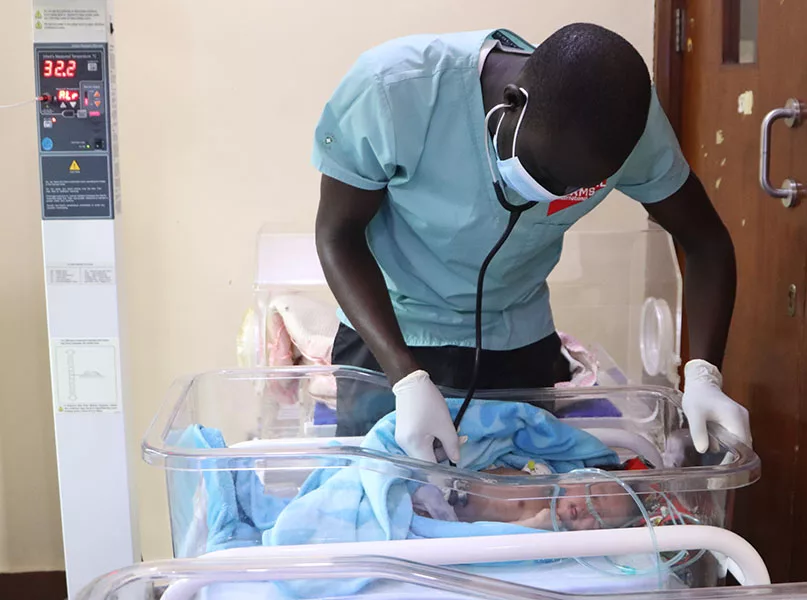
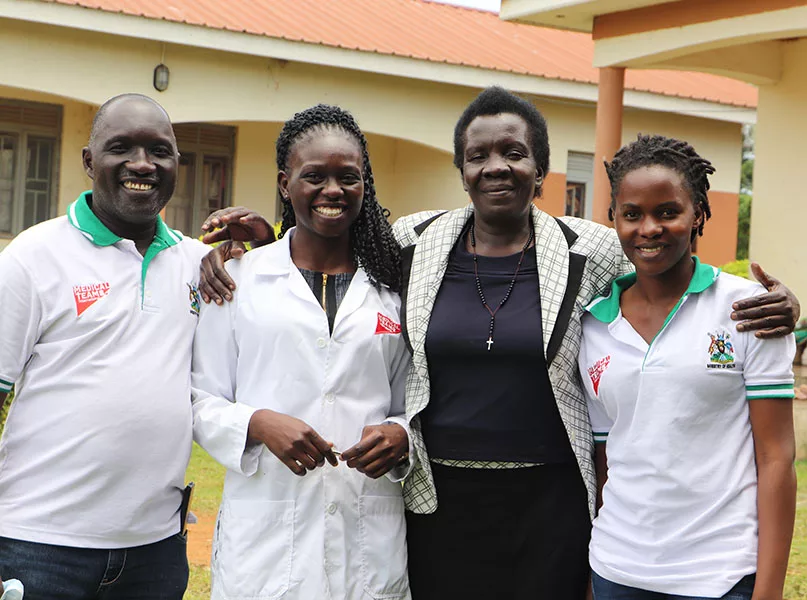
TRIPLING SUPPORT
As the organization continues to provide healthcare and humanitarian aid across the world, it works to sustain its Love in Action Campaign: a five-year plan to triple its impact around three aspirational goals.
Firstly, Medical Teams is determined to triple the number of refugees and displaced people that it serves, as well as triple its capacity to respond to natural disasters, and its ability to serve those in the US. This can only be achieved through the efficient mobilization of its resources, private contributions, and its global supply chain.
When the organization’s board approved the Love in Action Campaign in May 2017, the number of refugees and displaced individuals was 65 million. Five years later, that total now stands at 110 million, reflecting the urgency and necessity for the crucial work of Medical Teams.
“We endeavor to bring that number down, but unfortunately the level of conflict in the world and the impact of climate change in terms of storms and natural disasters means that the number is going in the wrong direction, which is why we think these three aspirational goals are so important,” Newsome concludes.
